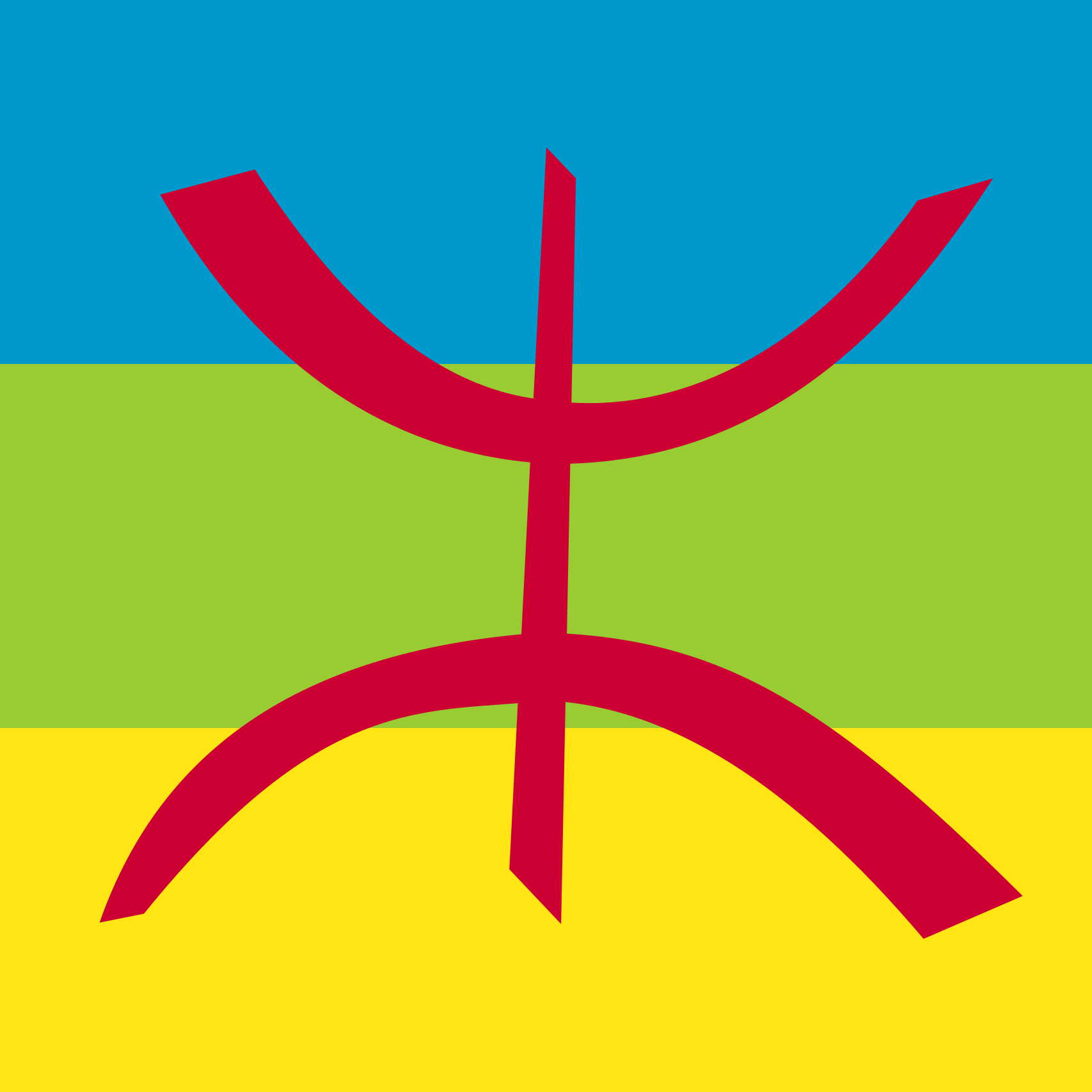In recent years, the Amazigh people have faced a new set of challenges related to globalization, with many Amazigh communities struggling to maintain their cultural identity and heritage in the face of increasing cultural homogenization and the spread of global popular culture. In this part of the article, we will explore the relationship between Amazigh identity and globalization, the impact of globalization on Amazigh culture and language, and contemporary efforts to promote and preserve Amazigh culture and identity.
The Relationship between Amazigh Identity and Globalization:
Globalization is a complex and multifaceted process that involves the spread of ideas, goods, and people across national and cultural boundaries. For the Amazigh people, globalization has brought both new opportunities and new challenges, as they seek to balance the demands of the modern world with their traditional culture and identity.
One of the key challenges facing Amazigh communities in the era of globalization is the erosion of traditional cultural values and practices, as young people are exposed to new ideas and cultural influences from outside the community. This has led to concerns about the loss of traditional Amazigh language, music, and art, as well as the weakening of traditional social and cultural institutions.
On the other hand, globalization has also brought new opportunities for the Amazigh people, such as increased access to education, technology, and global markets. This has led to the emergence of new forms of Amazigh culture and identity, as young people incorporate global cultural influences into their traditional practices.
The Impact of Globalization on Amazigh Culture and Language:
One of the most significant impacts of globalization on Amazigh culture and identity has been the erosion of traditional Amazigh language and the spread of Arabic and French. This has been particularly pronounced in urban areas, where young people are more likely to speak Arabic or French than their traditional Amazigh language.
The spread of global popular culture has also had an impact on traditional Amazigh music and art, with many young people preferring to listen to Western or Arab music rather than traditional Amazigh music. This has led to concerns about the loss of traditional music and art, as well as the commodification of Amazigh culture for the global market.
Contemporary Efforts to Promote and Preserve Amazigh Culture and Identity:
Despite these challenges, there has been a growing movement to promote and preserve Amazigh culture and identity in the era of globalization. This has involved a range of strategies, such as the creation of Amazigh language schools, the establishment of cultural festivals and events, and the use of social media to promote Amazigh culture and identity.
One key example of this is the emergence of the Amazigh music industry, which has seen the rise of a new generation of Amazigh musicians who are blending traditional Amazigh music with modern influences. This has led to the creation of new forms of Amazigh music that appeal to young people, while also preserving traditional Amazigh musical traditions.
Another important strategy for promoting and preserving Amazigh culture and identity has been the use of legal and political means to secure recognition and representation for Amazigh communities. This has involved the recognition of Amazigh language and culture in national constitutions and the establishment of political parties and organizations that represent Amazigh interests.
In conclusion, the Amazigh people are facing
new challenges in the era of globalization, as they seek to maintain their traditional culture and identity in the face of increasing cultural homogenization and the spread of global popular culture. This has led to concerns about the loss of traditional Amazigh language, music, and art, as well as the weakening of traditional social and cultural institutions.
However, there has been a growing movement to promote and preserve Amazigh culture and identity, with a range of strategies being employed to maintain and strengthen traditional Amazigh language, music, and art, as well as to secure recognition and representation for Amazigh communities in national politics and society.
Overall, the Amazigh people are an important and vibrant part of human history and diversity, with a rich cultural heritage and a unique relationship to the environments in which they live. While they face many challenges in the modern world, their legacy and cultural traditions continue to inspire and captivate people around the world, and their efforts to maintain and strengthen their cultural identity in the face of globalization are an important and inspiring example of resilience and determination.
